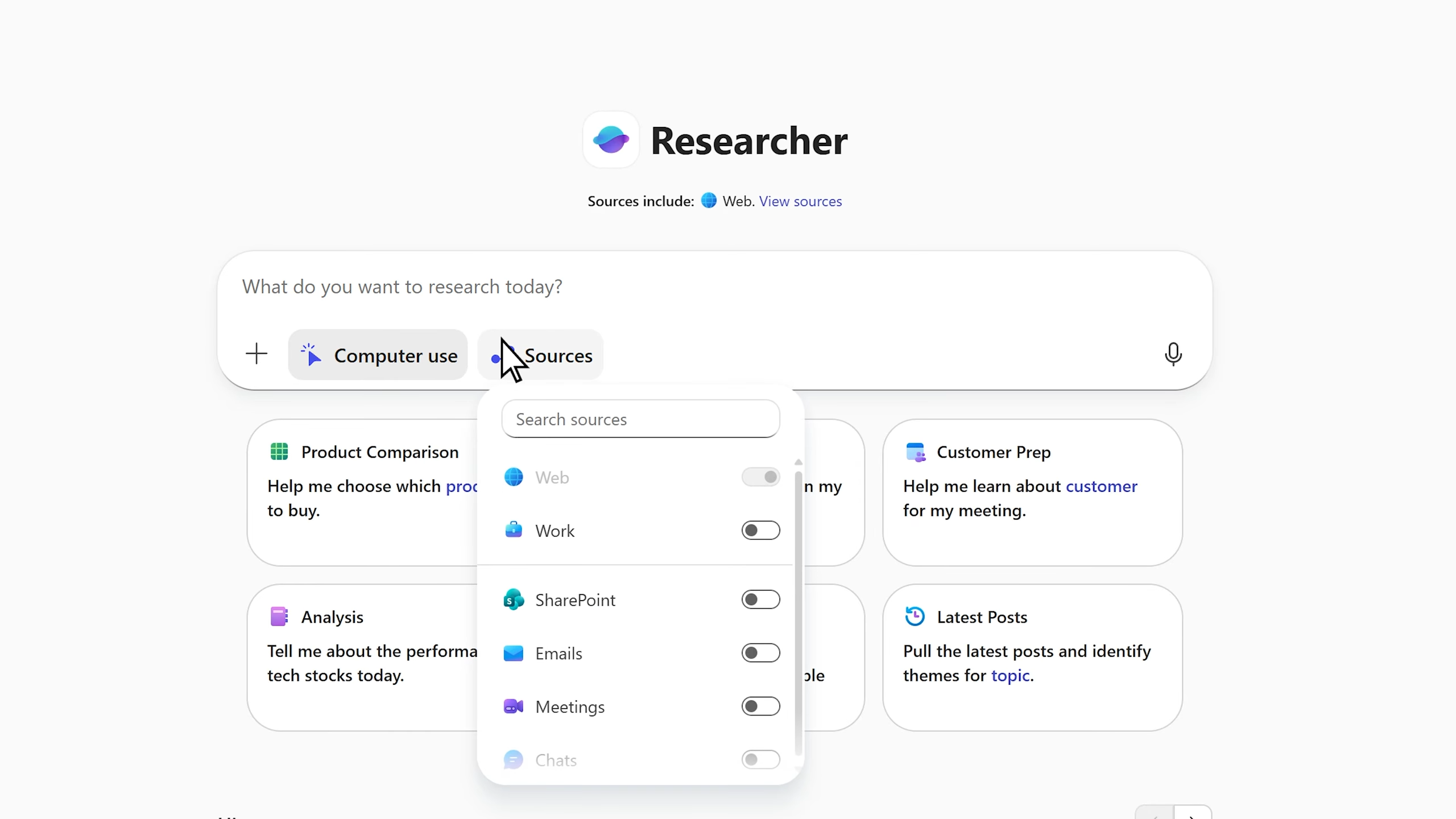AI Agents in 2025: A Practical Guide for Developers
PositiveArtificial Intelligence
The article discusses the evolution of AI agents by 2025, emphasizing their transition from mere UI demonstrations to robust production systems. It outlines a seven-layer architecture essential for developers, including components like generative models and enterprise interoperability. This matters because understanding these layers can help developers create more reliable and effective AI solutions, ultimately enhancing productivity and innovation in various industries.
— Curated by the World Pulse Now AI Editorial System






